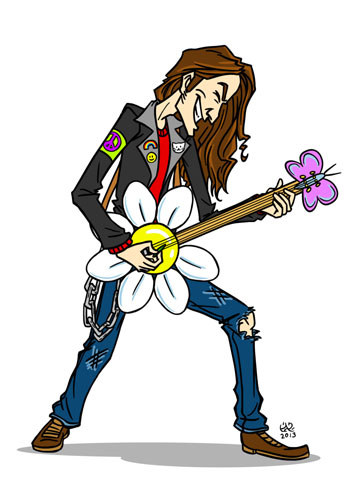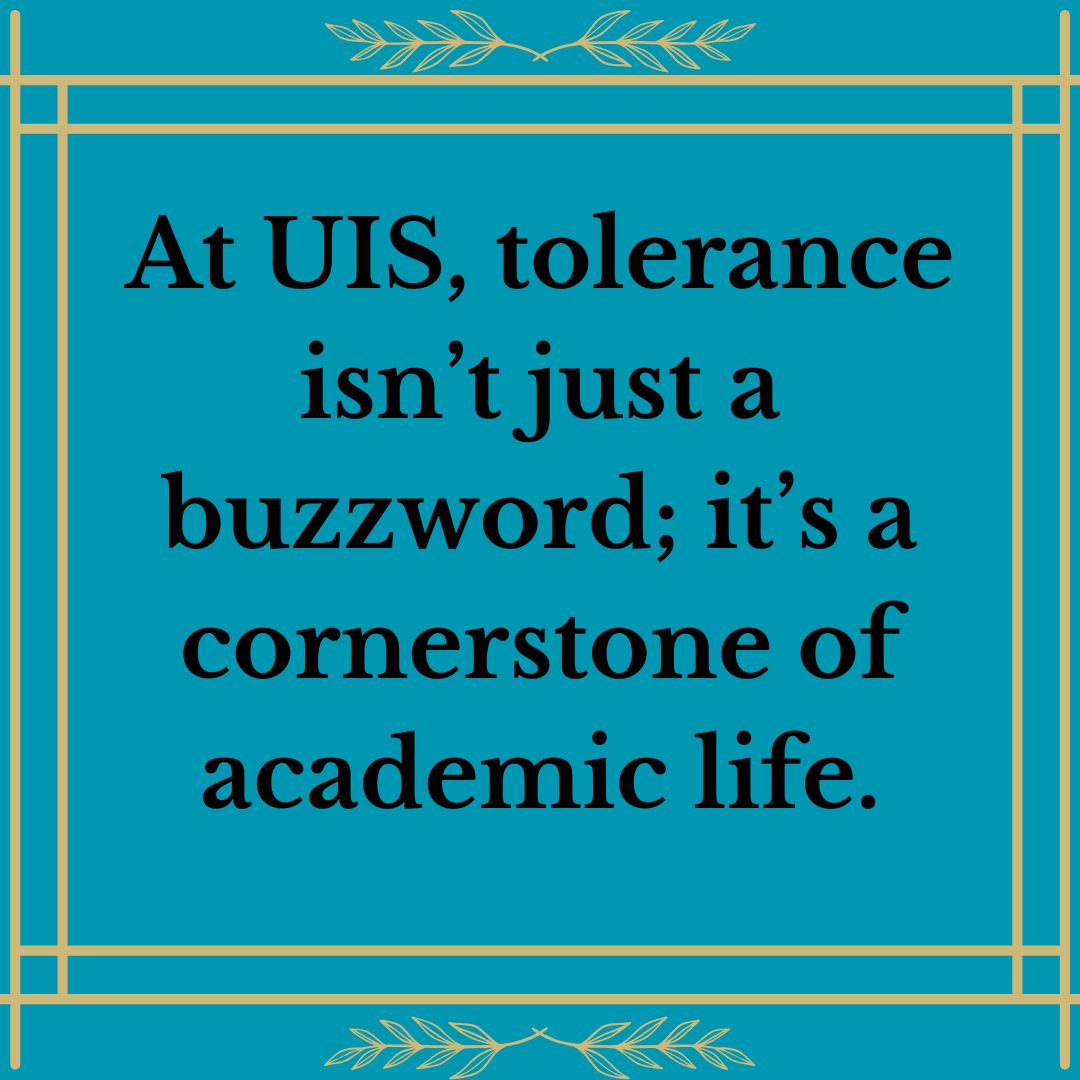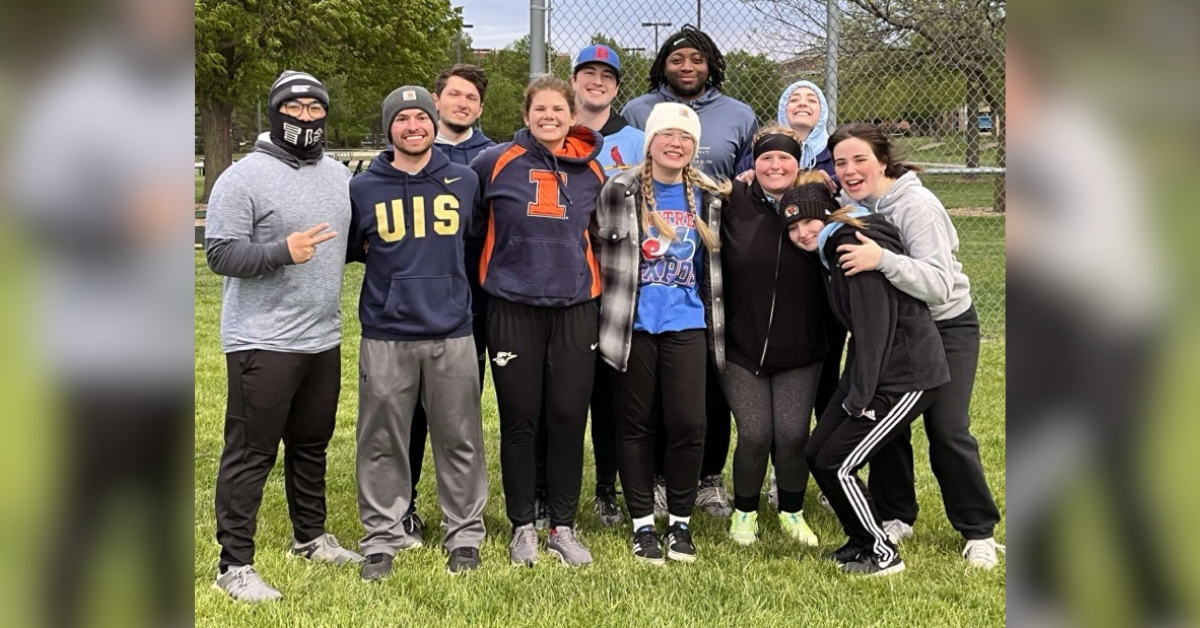With its less-than-subtle sound and shock tactics, metal had an easy time gaining infamy. When rock bands like Black Sabbath and Deep Purple first decided to crank the amps up to 11, parents and politicians shuddered. Their heavy lyrics and heavier sound were said to promote sex, drugs and Satanism, giving a dark image which they happily embraced.
Metal has been routinely blamed for depression, drug use, murder and suicide amongst teens. It’s no coincidence that metal was the main subject of Penelope Spheeris’s documentary “The Decline of Western Civilization, Part 2.” But as Spheeris herself acknowledged, metal is “a way of life” for most fans.
True, metalheads shun fame, fortune, and respectability to follow their own creative paths and do what they love. This attitude has inspired metal bands to record some of the most interesting and anti-commercial music of the past 30 years.
The sense of community and identity that metal gives is powerful. Entirely different from the rock music norm, the genre comes with its own style, sound and symbols.
You can recognize a metalhead by the uniform: a black tee with spiky red lettering, skulls, and maybe a pentagram or two. Some grow out of this phase once they get a job or a girlfriend; others learn to express themselves in more subtle ways.
Metal was the first style of music I ever connected with; it gave me fashion, freedom and friends. Sure, I like chaos and evil; but I also like kittens, sunshine and rainbows. It didn’t distract me from my schoolwork or limit my opportunities; in fact, I once shook hands with Senator Dick Durbin while wearing a Megadeth hoodie.
Young metalheads aren’t exactly open-minded, usually hating all the music their parents love and vice-versa. But more experienced fans and bands are willing to take pretty major risks. The grunted, guttural “cookie monster” vocals heard in death metal will always restrict it to a cult audience.
It also requires the music to be appropriately dark and over-the-top; it’s hard to imagine lyrics like, “A canvas to paint, to denigrate/Dark reflections, of dark foul light” (from “Heartwork,” by Carcass) sung sweetly and softly.
On the opposite end of the spectrum, bands like Opeth and Alcest have turned metal’s most extreme sounds into something soothing, even beautiful. Albums like “Ghost Reveries” and “Ecailles de Lune” have earned attention outside of metal’s notoriously small inner circle, even getting rave reviews from snobbish indie critics like Pitchfork. These bands stake out a strange space between light and dark, something which hasn’t been seen in music before.
Metal’s very existence has been threatened more than once. It’s been repeatedly subject to censorship and boycotts by parent groups and media watchdogs. Some bands have even been taken to court. Judas Priest’s “Better By You, Better Than Me” allegedly inspired a teen suicide pact, which earned the band a civil suit; this was quickly dismissed.
Metal’s most demoralizing moment came in 1999, when Marilyn Manson was blamed for inspiring the Columbine massacre. But for all his crudeness and controversy-baiting, Manson chose to stay out of the media circus, intelligently defending himself and his music while calling attention to the real tragedy:
“When it comes down to who’s to blame for the high school murders in Littleton, Colo., throw a rock and you’ll hit someone who’s guilty. We’re the people who sit back and tolerate children owning guns, and we’re the ones who tune in and watch the up-to-the-minute details of what they do with them. Responsible journalists have reported with less publicity that Harris and Klebold were not Marilyn Manson fans – that they even disliked my music. Even if they were fans, that gives them no excuse, nor does it mean that music is to blame.”
Metalheads agree: their music is some of the most violent, dark and antisocial to ever be made. But it’s unhealthy to ignore or repress these parts of our human nature. The metal scene is chaotic, creative, and incredibly rewarding. It gives geeks and misfits a voice, and a loud one, at that.






